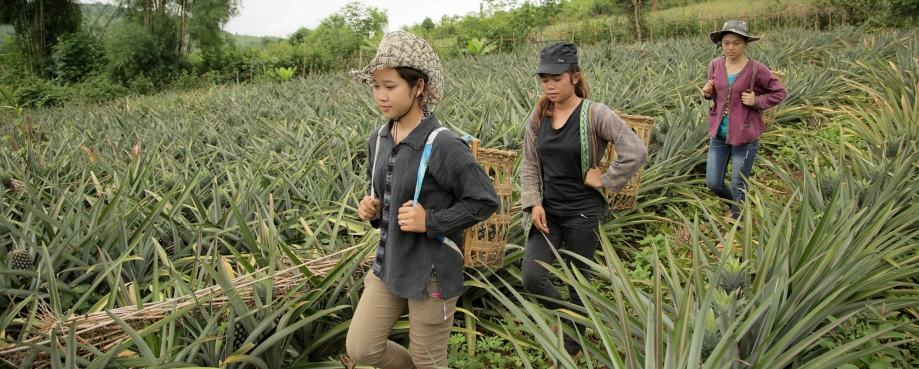
Several of ETI’s Working Groups address migrant worker abuse in the global food, farming and fishing sectors. It's why we've long been interested in unfair trading practices in agricultural supply chains.
In December 2018, ETI’s Maryam Duale wrote about the potential impact of a new EU Directive on unfair trading practices in agriculture. These are so called UTPs.
Maryam explained that the new Directive has massive implications for companies that sell agri-food products into Europe.
At the time, Maryam received advice on her blog from Tom Wills.
Tom is the Policy Advisor for ETI member Traidcraft Exchange and is an expert in the subject. He was also involved with lobbying efforts around the Directive.
Since then we've seen wide commercial interest in the subject. We therefore thought that readers of the ETI blog would like to find out more, direct from Tom.
Tom has pulled together two very helpful blogs on Traidcraft’s webpages. As he told us:
- The first explains in basic terms what the Directive is. It explains what it does and how it will support greater fairness in supply chains, including for suppliers based in developing countries. https://www.traidcraft.org.uk/traidcraft-in-depth/2019/2/19/what-is-the-eus-new-unfair-trading-practices-directive
- The second is for a UK audience. It looks at what the implications of the Directive are for UK suppliers. It also calls for the UK government to bring the provisions of the Directive into UK law, regardless of what happens with Brexit. https://www.traidcraft.org.uk/traidcraft-in-depth/2019/2/19/eu-agrees-groundbreaking-regulation-of-food-sector-what-does-this-mean-for-a-post-brexit-uk
They’re both well worth a read.
